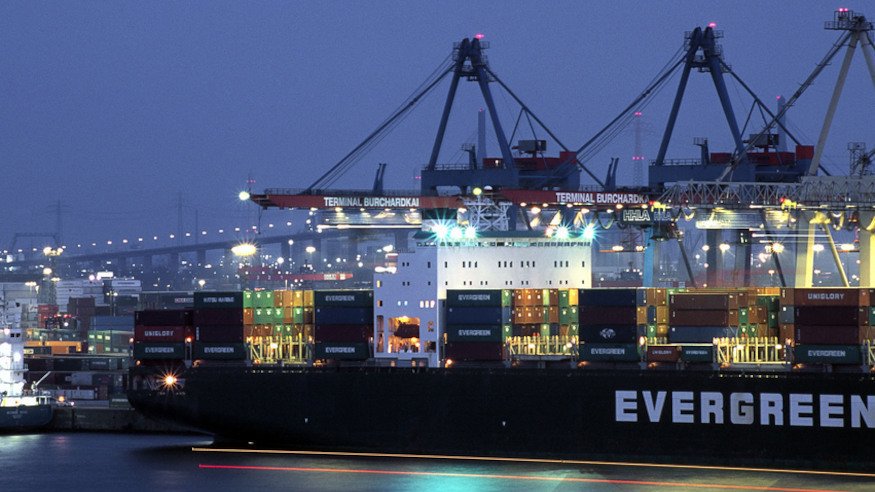Logistics, transport
The world is converging. Today, goods and people are transported anywhere in the world at any time. Whether travelling, doing business or trading goods - this places special demands on logistics and transport.

Overview of the academic discipline
Logistics means much more than the mere transport, handling or storage of goods. Today, logistics in companies encompasses the holistic planning, management, coordination, implementation and control of all internal and inter-company flows of goods and information. Logistics ensures that the right goods are available in the right quantity in the right condition in the right place at the right time for the right customer at the right cost.
To do this, logistics companies need a correspondingly well-functioning infrastructure and sound expertise in the management of transport flows. This is the only way to meet the increasing competitive pressure and rising customer expectations.
The degree programmes in logistics and transport see themselves as a cross-sectional discipline. This is because many players are required to precisely control the transport of raw materials and goods.
Logistics integrates the processes from the procurement of raw materials to the sale to the end customer across companies to create value chains (supply chain management) or global networks. Procurement, production, distribution and transport logistics as well as knowledge management are important sub-areas that flow into all process chains and cycles. Waste disposal and recycling are also included.
If the focus is set accordingly, different types of transport such as maritime transport, aviation or sectors such as trade, chemicals or transport can be the focus.
Which topics are included in the curriculum?
The Bachelor's degree programme offers an interdisciplinary and practice-oriented education. It is usually possible to specialise in business or (information) technology. The Bachelor's programme includes mathematical, scientific and engineering fundamentals and methods, business administration, production logistics (material flow planning, production planning and control), information technology, distribution management, transport and traffic, logistics management (corporate planning, logistics controlling), international logistics, supply chain management and law. In addition, there are industrial internships, excursions and project work - both in Germany and abroad.
What are the requirements?
A good foundation for successful studies in this area is knowledge of the following school subjects, depending on the chosen degree programme: Maths and economics/law. Depending on the degree programme, physics, computer science and English can also serve as a good basis.
What study programmes are there to choose from?
Bachelor's degree programmes in logistics and transport are mainly offered at universities of applied sciences, but also at universities. Possible titles for the degree programmes are ‘Production and Logistics’, ‘Transport Management’, ‘International Logistics Management’, ‘Logistics’, ‘Aviation Management’, ‘Supply Chain Management’ or ‘Transport Business Administration’.
What job opportunities are there after graduation?
Academically trained specialists work for domestic and foreign logistics or industrial companies in all sectors of the economy, e.g. in the aviation, automotive or capital goods industries, in trading and service companies, in forwarding companies, at airlines and shipping companies, at vehicle rental companies or in consulting firms.
